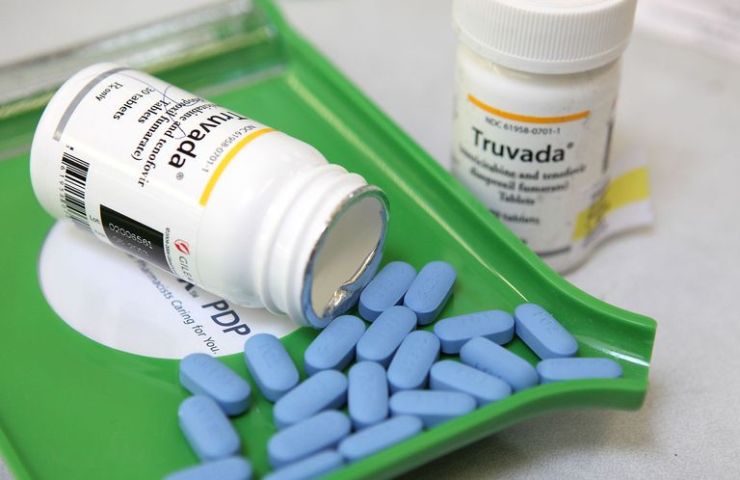Departments advised to closely monitor ARV treatment due to supply constraints
According to the Health Department, the majority of patients (over 90%) that are on ARV treatment receive the first line option which is a single dose fixed-dose combination of Tenofovir/Emtricitabine/Efavirenz tablet.

- Country:
- South Africa
A global shortage of lamivudine, a second line regimen of anti-retroviral (ARV) treatment has affected the availability of this ARV in health facilities in the country.
According to the Health Department, the majority of patients (over 90%) that are on ARV treatment receive the first line option which is a single dose fixed-dose combination of Tenofovir/Emtricitabine/Efavirenz tablet.
“This first line treatment is widely available and there is no shortage of this product. Some patients (6%) are resistant/can not tolerate the first line regimen and are then put onto the second line regimen of abacavir/lamivudine or zidovudine/ lamivudine,” said department spokesperson Popo Maja.
The majority of patients are moved to the second line largely due to resistance and not tolerability.
The global shortage of lamivudine has affected the availability of abacavir/lamivudine and zidovudine/ lamivudine.
Pharmaceutical company Mylan is contracted to supply abacavir/lamivudine and zidovudine/ lamivudine, however, they are affected by the global shortage and cannot supply the entire ordered quantities.
Mylan supplies stock on a weekly basis as it is being produced.
“Due to the current supply constraints, we have advised provincial departments to closely monitor the distribution and rational use of these medicines until the supply is fully restored.
“These measures include firstly, the redistribution of stock between facilities so there is no stockpiling in any particular facility so that all patients receive treatment,” said Maja.
Secondly, the department has alerted health officials that patients should be dispensed a lower quantity of stock than usual which may include issuing a month’s supply instead of the standard two or three-month supply.
“Our clinicians have been informed that if the implementation of the above two measures are unsuccessful and there is no treatment at a facility, the recommended therapeutic alternative is tenofovir (TDF) 300mg/emtricitabine (FTC) 200mg dual formulation tablet, with dose adjustments for renal impairment,” said Maja.
The department said it will continue to monitor the situation closely in consultation with provinces and will continue to provide updated communication on this matter.
(With Inputs from South African Government Press Release)










